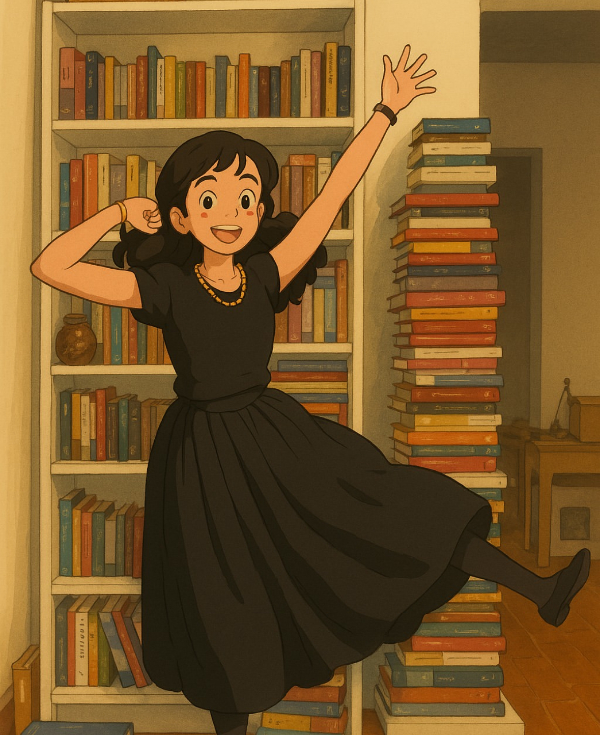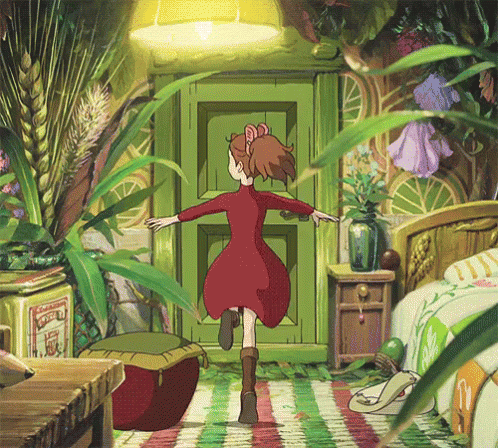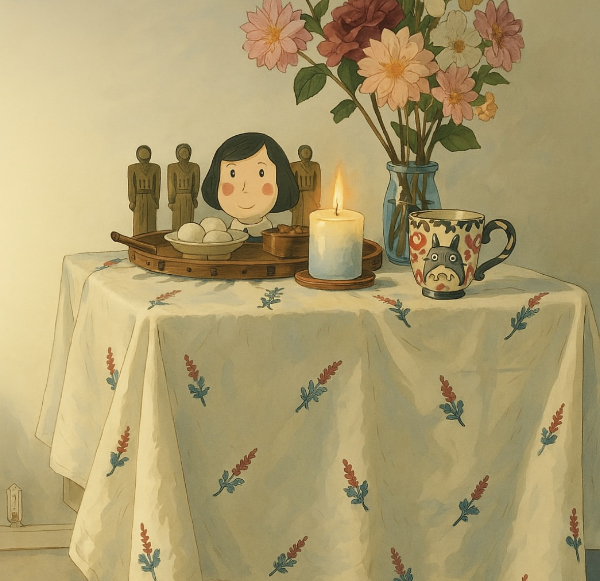That Offline Life

Sometime in April, I started fantasizing about the idea of a flip phone. Sadly, this doesn't work with my job. So instead, I downloaded the app Foqos. I have a setting called "flip phone" which I turn on in the evenings and on weekend. It's just phone & messages & Spotify & Speechify/Audible & find my (for a few friends to find me if I get sick or die somewhere). Outside of that, no Google Maps, no weather, no calendar.
I have another setting I call "life" which is all of the above in addition to: google maps, calendar, weather & Anki. I have WhatsApp, but it's muted for everyone that's not my immediate family. I have Signal but it's muted for anyone that's not my founders and my partners.
My close friends know that they can call me. They can drop by. I'm still just as social.
When I'm working, I'm on my laptop. When I'm not working. I'm living out in the arena lol (If I'm using this correctly). I use Youtube, Reddit, GoodReads, Instagram and X (in the last two months I checked X twice!!!!) but I use them all a few times a week max from my laptop.
I crave just being offline. Sometime in April I felt I had enough of the online world. It felt like overeating. I was nauseous from consuming too much. The online world is too much sugar and fat, the perfect addictive combination that just doesn't work for me anymore. I don't want to keep consuming random snippets that give me the illusion of knowledge and creativity without actually letting me sit with ideas and let them simmer. In April, the online world became really off-putting and stopped representing my reality. I have scattered thoughts on this since I'm still recovering from brain rot, and my mind is still healing. I'm also aware my thoughts might seem rudimentary, but I’m making sense of my own life with my own experiences.

- The "I" is the mix of setting, audience, and expression impacted by them. When the audience and settings are varied the expression is also more varied. One of the things I enjoy most about my life is that I have three lives, one in London, one in NYC, one in Saudi. I have many different groups so many different ways of being. In addition, offline interactions offer natural breaks between our various social roles, these breaks we can use to reflect and adjust.
- Our identities develop through what sociologists call the "glass self". We become who we think others need us to be. In traditional communities, this means becoming the person our loved ones needed, guided by people who actually knew and cared about us. We get a reality check and tough love when needed. Online, we're performing for strangers or abstract audiences who don't have our best interests at heart, fundamentally changing how our personalities develop. Even the most sensitive people that read Stoner, can only interact with these things abstractly, they can’t afford people in their lives this, real life people are messy. The real world is finite, so people are bound to step into your nerves. Online people are abstract. The online is infinite.
- Because we are forced to present a version of ourselves that the entire world will see (your friend, stranger, crush, boss, and father), we end up with such a smaller set of personalities and characters.
- So when it's hard to stand out within very few personality types, we decide to take some of them to the extreme to stand out. I'm the person of color that posts about Palestine. And that's the only thing I consume. So that becomes an even bigger part.
- While the internet promises access to the entire world, people typically choose the narrowest possible environments within it. This selective curation of our digital spaces limits our ability to develop complex thinking and deal with a full range of situations and emotions, ultimately constraining rather than expanding our human development.
- For me, the only exception to that is Reddit, I try to join as many random subreddits as possible.
- The situation in Palestine is deeply distressing. I'm losing my mind, but it's nothing like people losing their lives. I'm honest with myself and with others that I'm bias, yet this very bias sends me into a spiral of questioning: Why isn't the world recognizing this as genocide? Is it indeed a genocide, or is my perception skewed by my bias? Is it acceptable for the world to simply observe and wait for it to be unequivocally labeled as such? I plan to explore these thoughts further in a future blog post.
- Perhaps as humans, we aren't meant to be constantly exposed to all the suffering in the world. Despite my personal feelings, and the responsibility I feel as a fellow human, it's possible that God didn't create us to be aware of everything simultaneously. Perhaps our awareness is meant to be localized: to our cave, village, community. God didn't create the internet, after all. It's too overwhelming for my human heart. It's a privileged position that I can close the internet while people can't close away the IDF. So I hate myself for doing this. I'll think about this A LOT MORE. But I'll do that thinking offline for the same reasons I mentioned above.

What my offline life feels like? Honestly, quite boring and more or less the same, but with less distractions. And more agency over my mood, memory, day. I can't rely on cat videos to lift my mood or Google Maps to help me find home. I have to manage these things myself now. I'm reading about daily-life aesthetics, this philosophy I stumbled across and felt in my core. There's something beautiful about finding meaning in the mundane that just makes sense to me. I enjoy cooking, doing laundry, watering plants, inking my pens, burning candles, journaling, sampling my perfumes, going for walks, having my friends over, and reading books. These small rituals have a different quality of attention than anything I do online.
Having the entire world at my fingertrips is making life less rich, not more. My online self is still alive. My offline self is still forming.

